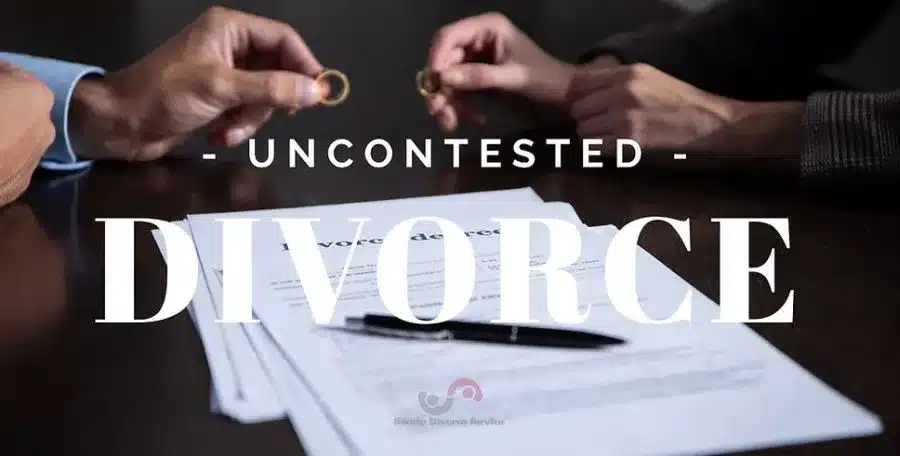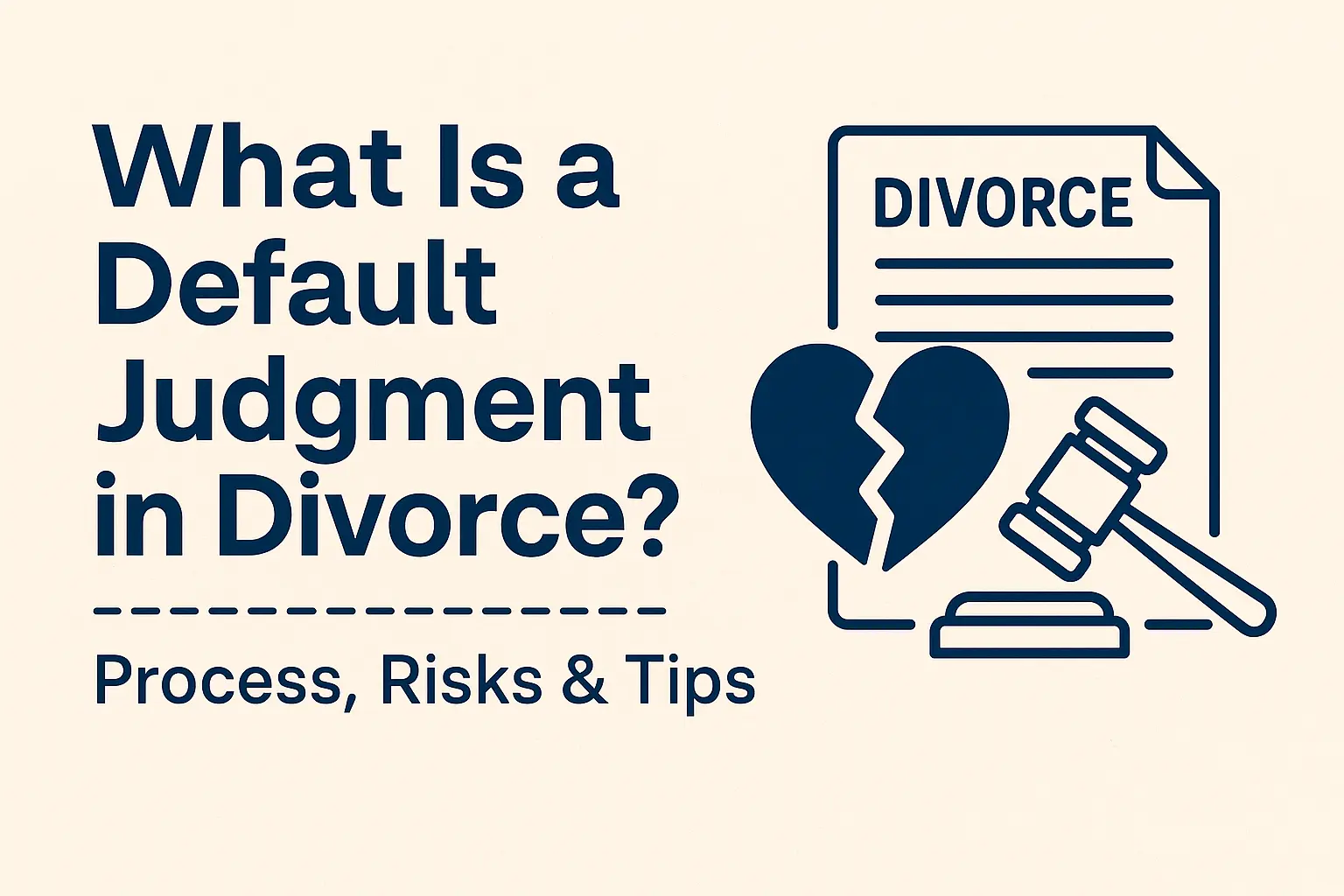If your ex-spouse refuses to pay debt allocated to them in your divorce decree, you don’t have to accept it. Texas law gives you the right to pursue enforcement through a specialized lawsuit called a Suit to Enforce Division of Property.
Below, we explain what this suit is, when to use it, and how it helps you protect your rights after divorce.
✅ What Is a Suit to Enforce Division of Property?
A Suit to Enforce Division of Property is a legal action filed in Texas district court to force compliance with the property division terms of a Final Decree of Divorce.
This suit allows you to enforce obligations like:
- Payment of debt assigned to your ex-spouse
- Transfer or delivery of specific property
- Other terms dividing marital assets and liabilities
Unlike enforcement of child support or visitation, property division enforcement is governed by Texas Family Code Chapter 9.

⚖️ What Can the Court Do?
When you file a Suit to Enforce, the judge has broad authority to make you whole, including:
- Rendering a money judgment equal to the unpaid debt
- Ordering delivery or turnover of property
- Clarifying ambiguous provisions in your decree
- Awarding attorney’s fees
However, contempt of court is generally not available for failure to pay a debt, unless it was structured as spousal support.
📝 When Should You File?
If your ex-spouse:
- Refuses to pay a credit card or loan assigned to them
- Fails to refinance debt as ordered
- Ignores obligations to transfer title to property
…it may be time to act.
Importantly, there are time limits to enforce property division. In most cases, you must file within two years after the divorce decree becomes final. Consult a legal professional promptly to avoid losing your rights.
⚙️ How to Start the Process
To begin enforcement, you must file a petition for a Suit to Enforce Division of Property. This is treated as a new lawsuit (not a motion in the original case).
You will need to:
- Draft a petition stating the decree terms, your ex-spouse’s noncompliance, and the relief you seek.
- File the petition in the original court.
- Have a citation issued and served on the other party.
If your decree is unclear, you may also request a clarification order.
💡 Why Act Now?
Unpaid debts can damage your credit and financial security. Taking timely legal action ensures your rights are protected, and your divorce decree is honored.
❓ Frequently Asked Questions
It’s a lawsuit to enforce the division of debts and assets ordered in a Final Divorce Decree.
No, contempt is generally not available for debt obligations unless structured as support.
Usually, two years after the divorce becomes final.
You can ask the court to issue a clarification order.
📣 Ready to Protect Your Rights?
If you’re tired of waiting for unpaid debts to be resolved, let Ready Divorce Service help you take action. Our team can guide you step by step through enforcing your divorce decree. Contact us today for a confidential consultation and start the process of recovering what you’re owed.
📞 Call us now at (800) 432-0018 or visit our Contact Page to schedule your consultation today.





